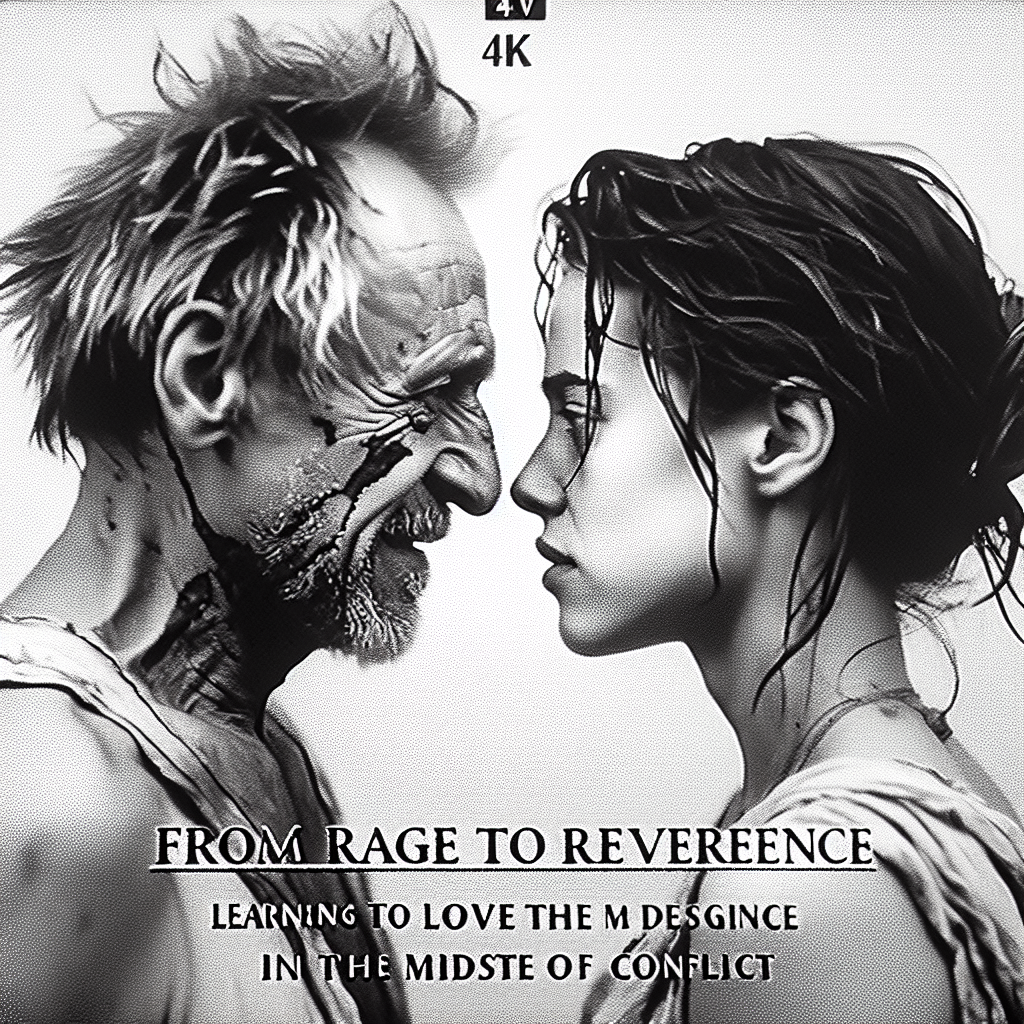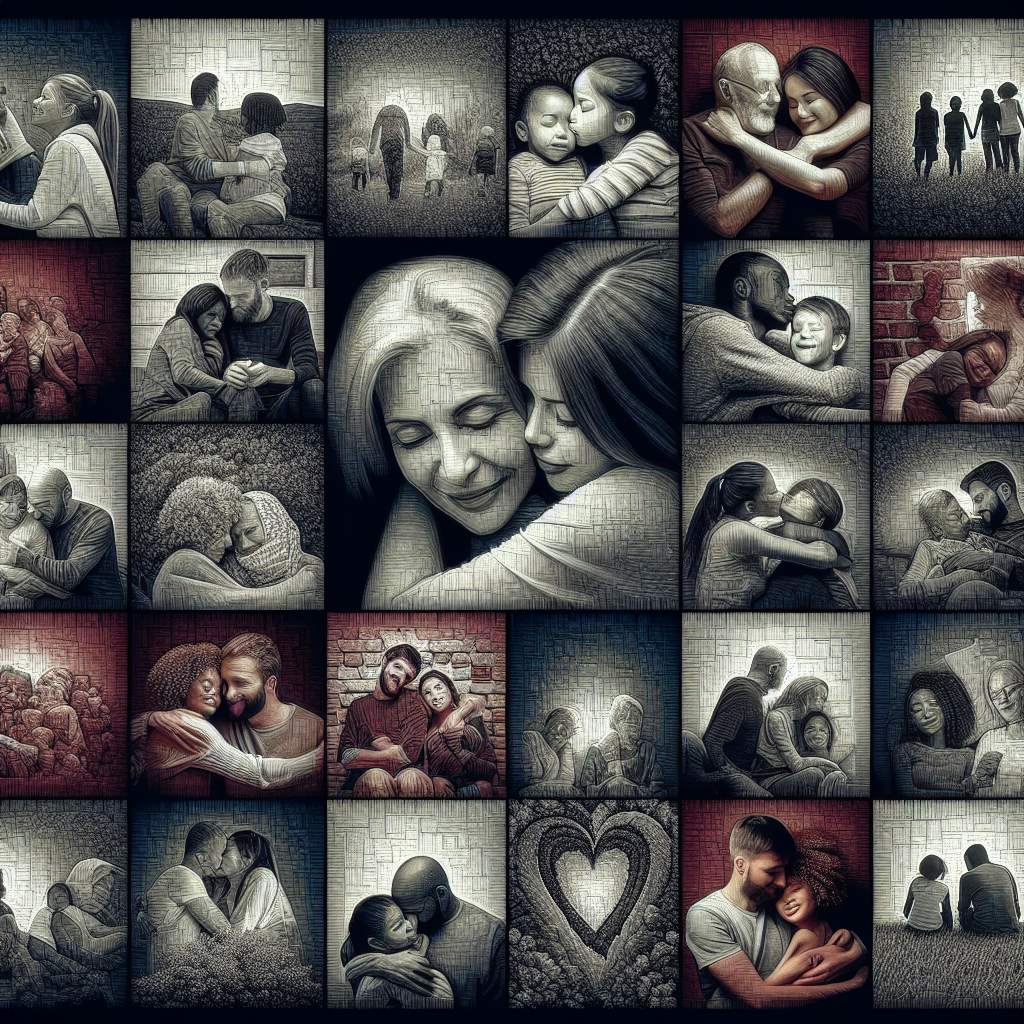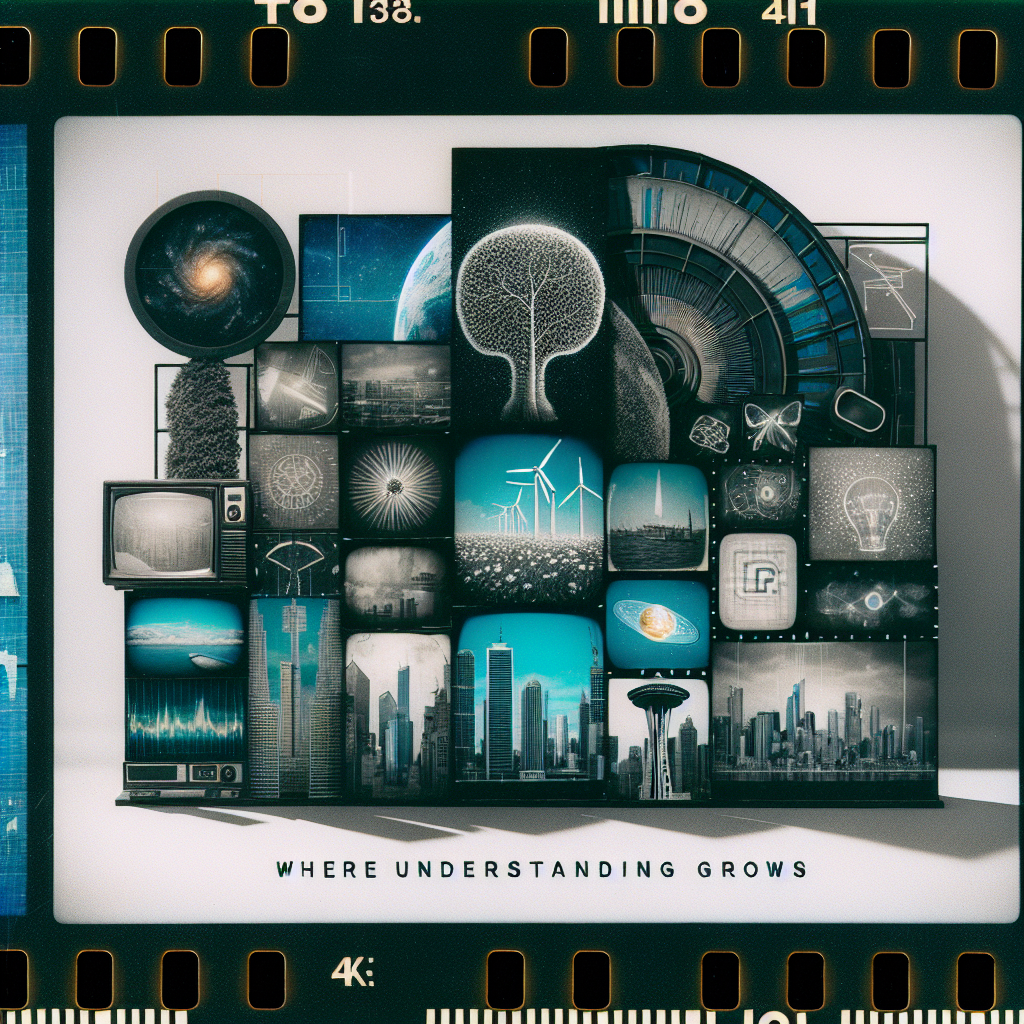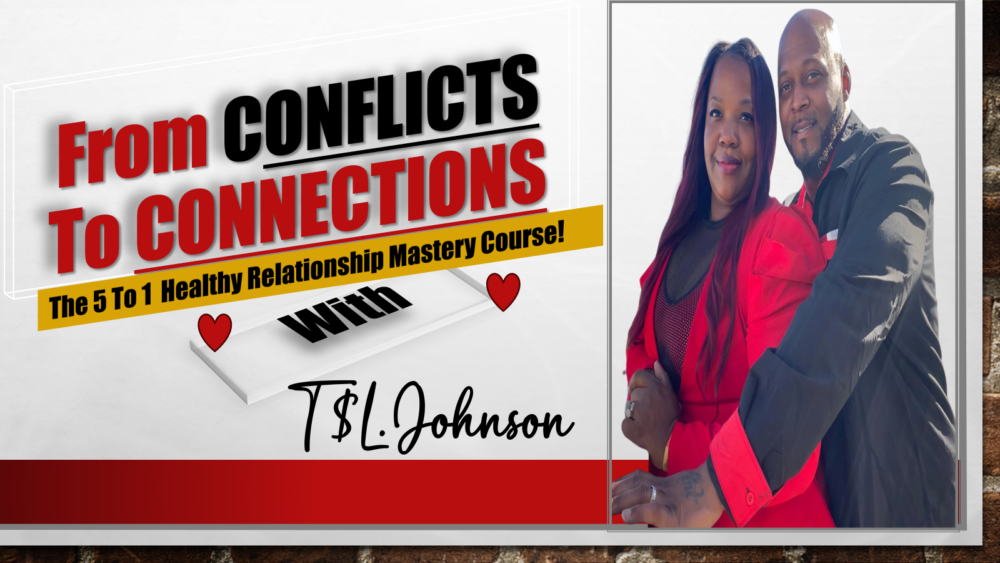Understanding Our Emotions
Recognizing Anger
First off, let’s be real—anger is a natural human emotion. We’ve all been there, right? Someone ticks us off, and before we know it, we’re ready to explode. I’ve learned that recognizing this emotion is the first step to moving past it. Instead of shoving it down, I now acknowledge it. There’s power in saying, “Hey, I’m angry. It’s okay.” This acknowledgment clears my mind and lets me reflect on what triggered that anger.
In connecting with our anger, we start to understand the layers behind it. Is it frustration? Betrayal? Or maybe it’s fear? Getting to the root helps me realize if the anger is justified or if it’s simply a reaction to deeper issues. A huge takeaway for me has been to pause before reacting. Rather than lashing out, I’ll take a breath and think about the situation. It’s been a game-changer.
Ultimately, recognizing my anger has led me toward a compassionate understanding of myself and others. It’s like breaking down a wall that keeps me from experiencing more profound connections. I can now approach conflicts with more clarity and less heat, which is essential for those around me, too.
Embracing Vulnerability
Next on this wild journey has been embracing vulnerability. I know that sounds a bit scary, but trust me, it’s worth it. When I put myself out there and show my true feelings—like fear or sadness—something magical happens. I can connect more deeply with others. Vulnerability breaks down barriers, making room for honest conversations.
I remember a time when I had a huge disagreement with a close friend. Instead of playing the blame game, I opened up about how hurt I felt. Sharing my vulnerabilities allowed her to see my perspective, and it shifted the dynamic from conflict to collaboration. She expressed her feelings too, and we both learned from the experience.
Being vulnerable doesn’t mean you’re weak; it shows courage. It’s about being real with ourselves and others. The more I practice this, the more I see conflict as an opportunity for growth rather than a battleground. It’s helped me nurture stronger, healthier relationships.
Practicing Active Listening
Let’s talk about active listening, because, honestly, it’s an art. When conflicts arise, it’s easy to start thinking about my response instead of truly hearing the other person. This is where I had to step up my game. I’ve learned that listening means being fully present—putting my phone down, maintaining eye contact, and really absorbing their words.
During heated discussions, I often find myself in a defensive mindset. But shifting that focus toward them has been hugely beneficial. I practice paraphrasing what they say to show them I’m engaged. “So, you’re saying you felt left out during that meeting?” It reinforces that I care about their feelings, which helps de-escalate the situation.
Active listening builds trust. It transforms conflicts into dialogues. People feel valued and heard, and that fosters a sense of unity. It’s not always easy, but every time I commit to this practice, I end up with a deeper understanding of others, which benefits everyone involved.
Transforming Conflict into Connection
Reframing the Narrative
Another key area for me has been the importance of reframing the narrative around conflict. Instead of seeing conflict as an obstacle, it’s become an opportunity for growth. How crazy is that? When I shift my perspective, even the most challenging situations can end up being stepping stones to deeper understanding.
For instance, if I feel a friend and I are at odds, I’ve started asking myself, “What can I learn from this?” This simple mindset change shifts my focus from a win/lose situation to a collaborative one. It reminds me that we’re both on the same team, looking for a resolution rather than just trying to score points.
Reframing has led me to seek solutions rather than dwell on problems. I often find common ground when I approach conflicts this way. It’s not just about resolving an issue; it’s about coming together, learning more about each other, and growing stronger as a result.
Finding Common Ground
Finding common ground has been a lifesaver in tense situations. When I feel my patience wearing thin, I consciously look for shared values or concerns—something we can both agree on. It’s a bridge that helps me and the other person see that we’re not as different as we might think.
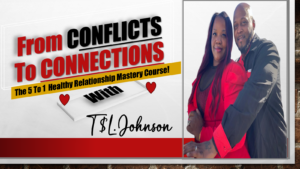
Engaging in conversations with this mindset has transformed many of my interactions. Instead of taking sides, I’ve learned to ask questions like, “What do we both want in this situation?” This opens up a dialogue and helps us approach issues as partners rather than adversaries.
Not only does this approach lessen the perceived conflict, but it also promotes collaboration. It’s incredible how the tone of a conversation can change when both parties are focused on what they can build together instead of what they might lose. These moments have led to some of my most rewarding relationships.
Practicing Forgiveness
Forgiveness isn’t just about letting someone “off the hook”; it’s about freeing ourselves from the weight of anger and resentment. I’ve had my share of grudges, and boy, did they hold me back! I found that when I actively practice forgiveness, I’m not just compassionate towards others—I’m also showing kindness to myself.
There was a time when I struggled to forgive a colleague for a miscommunication that cost me a big opportunity. Rather than letting it fester, I decided to talk to them about it. The discussion opened up a pathway to forgiveness and understanding, and I realized that carrying that anger was hurting me more than it was helping anyone else.
Forgiveness is a journey, not a destination. It requires honesty and often a dose of grace. But with every step, I’ve learned to embrace peace rather than hold onto my grudges. This mindset shift has been liberating—it’s amazing how forgiveness can unlock doors to deeper relationships.
Conclusion: Embracing Love Amidst Conflict
In the end, learning to love in the midst of conflict is an ongoing journey. It’s all about recognizing our emotions, embracing vulnerability, practicing active listening, and reframing the narrative around conflict. And hey, it’s about finding common ground and practicing forgiveness, too. Each of these elements has not only transformed my interactions but has also deepened my understanding of what it means to love genuinely.
Please remember—conflict doesn’t have to be the enemy. With every challenge comes an opportunity to grow closer to those we care about. So, let’s embrace these moments of tension and transition them into love and connection. Because when we choose love, we win every time.
Frequently Asked Questions
1. What is the first step in learning to love during conflict?
The first step is recognizing and acknowledging your emotions. Understand what triggers your anger and reflect on the situation before reacting.
2. How can vulnerability help during conflicts?
Embracing vulnerability allows for deeper connections and honest conversations. By sharing our true feelings, we can foster understanding and reduce defensiveness.
3. What is active listening, and why is it important?
Active listening means being fully present and engaged in a conversation. It builds trust and helps de-escalate conflicts by making the other person feel valued.
4. How can I find common ground during disagreements?
Focus on shared values or concerns and ask open-ended questions that lead to collaborative discussions rather than confrontational ones.
5. Why is forgiveness an essential part of conflict resolution?
Forgiveness liberates you from anger and resentment, allowing space for deeper relationships and personal peace. It fosters understanding and growth.
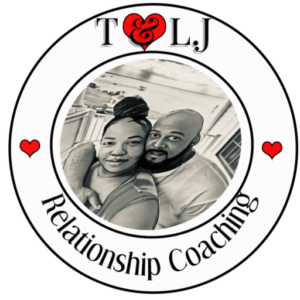
Schedule Your First 20-Minute Coaching
Call With Us Today to see if we fit . You pick the price!
Click Here

